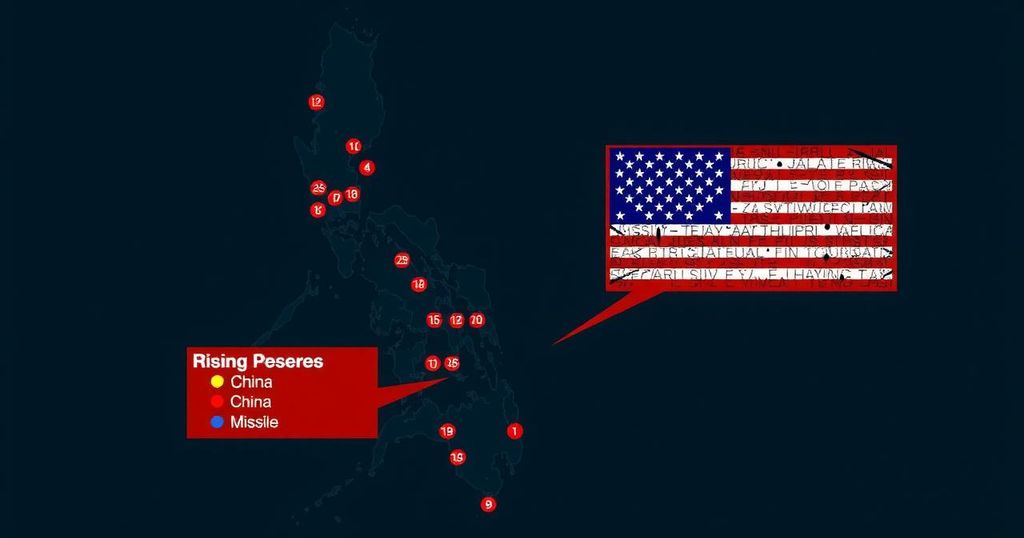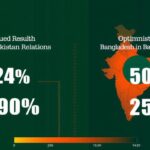Heightened Security Risks for China Due to US Missile System in the Philippines
Summary
The United States has decided to keep its Typhon missile system in the Philippines, which heightens security tensions for China amid ongoing disputes in the South China Sea. Analysts draw comparisons to Cold War provocations, warning of increased instability in the region.
The United States’ decision to maintain its Typhon missile system in the Philippines is contributing to a more tense security landscape for China, according to analysts. This mid-range missile system, initially deployed during joint military exercises with the Philippines in April, remains stationed in the region amid growing tensions between Beijing and Manila, a US treaty ally. Despite calls from China for its withdrawal, Washington has indicated no immediate plans to remove the system, which is capable of being utilized in potential regional conflicts. In recent statements, a high-ranking Philippine security official clarified that while the possibility of withdrawing the missile system was discussed, there is currently no established timeline for its removal. Zhu Feng, the executive dean of Nanjing University’s School of International Studies, characterized the United States’ actions as provocations reminiscent of the Cold War era, thereby suggesting a shift towards heightened military tensions in the Asia-Pacific region. This situation has raised concerns regarding the implications of unilateral military deployments and the potential for escalating conflicts involving multiple nations in the area.
The security dynamics in the Asia-Pacific region remain precarious, particularly due to the ongoing territorial disputes in the South China Sea, where both China and the Philippines have overlapping claims. The presence of the US Typhon missile system signifies a strategic military engagement by the United States, which seeks to bolster alliances with regional partners. Analysts argue that this deployment reflects wider geopolitical trends, including the intensifying rivalry between the US and China, and could be interpreted as an effort by Washington to contain Chinese influence. The historical context echoes the tensions of the Cold War, highlighting the potential for a renewed arms race and regional instability stemming from such military maneuvers.
In summary, the ongoing presence of the US Typhon missile system in the Philippines is exacerbating security tensions for China, reflecting broader patterns of military engagement and geopolitical rivalry in the Asia-Pacific region. Analysts warn that Washington’s strategic calculations may provoke similar responses from Beijing, potentially leading to an escalation of hostilities reminiscent of the Cold War era. The absence of a clear timeline for the missile system’s withdrawal further complicates the diplomatic landscape, leaving regional stakeholders wary of an increasingly militarized environment.
Original Source: www.scmp.com








Post Comment